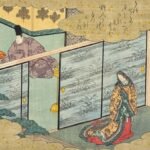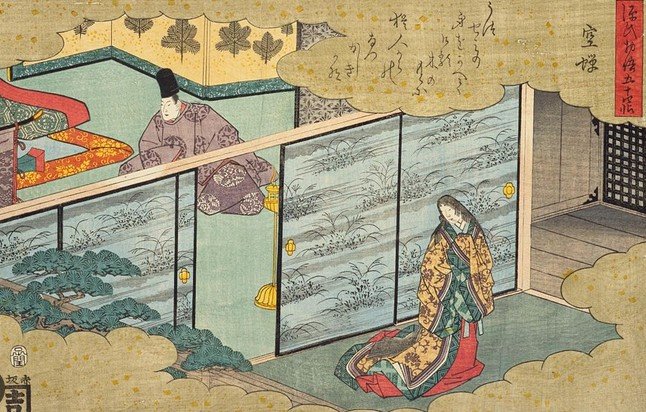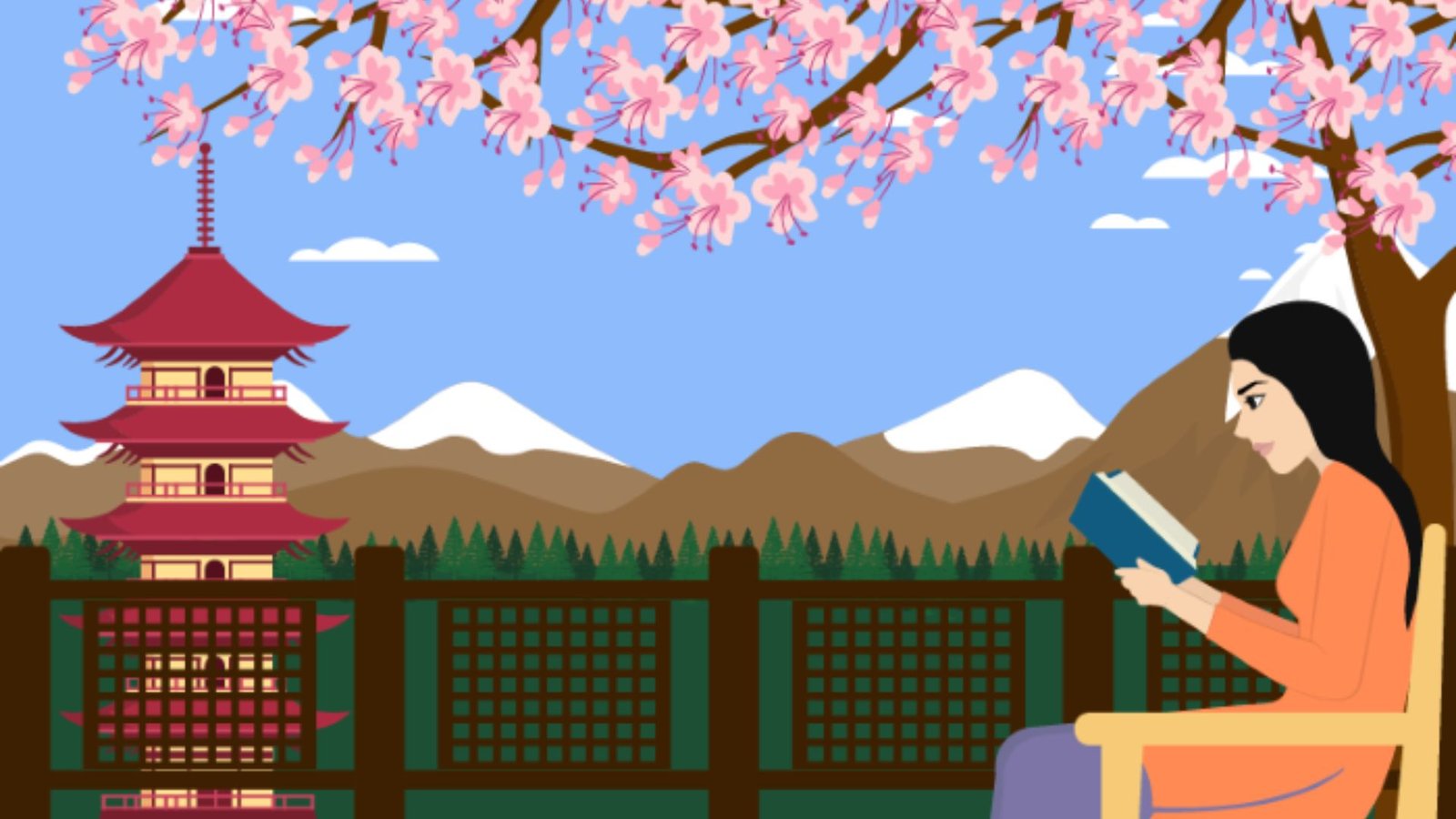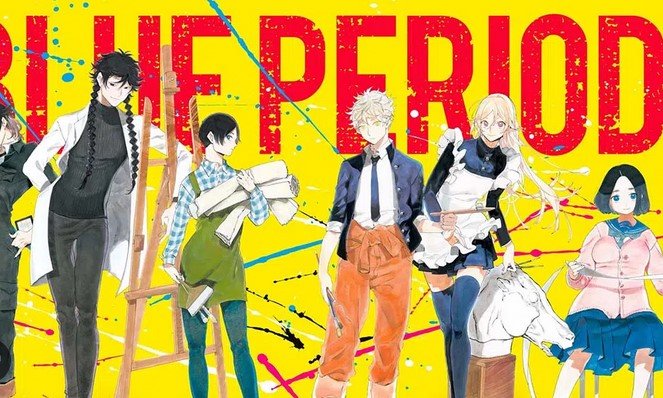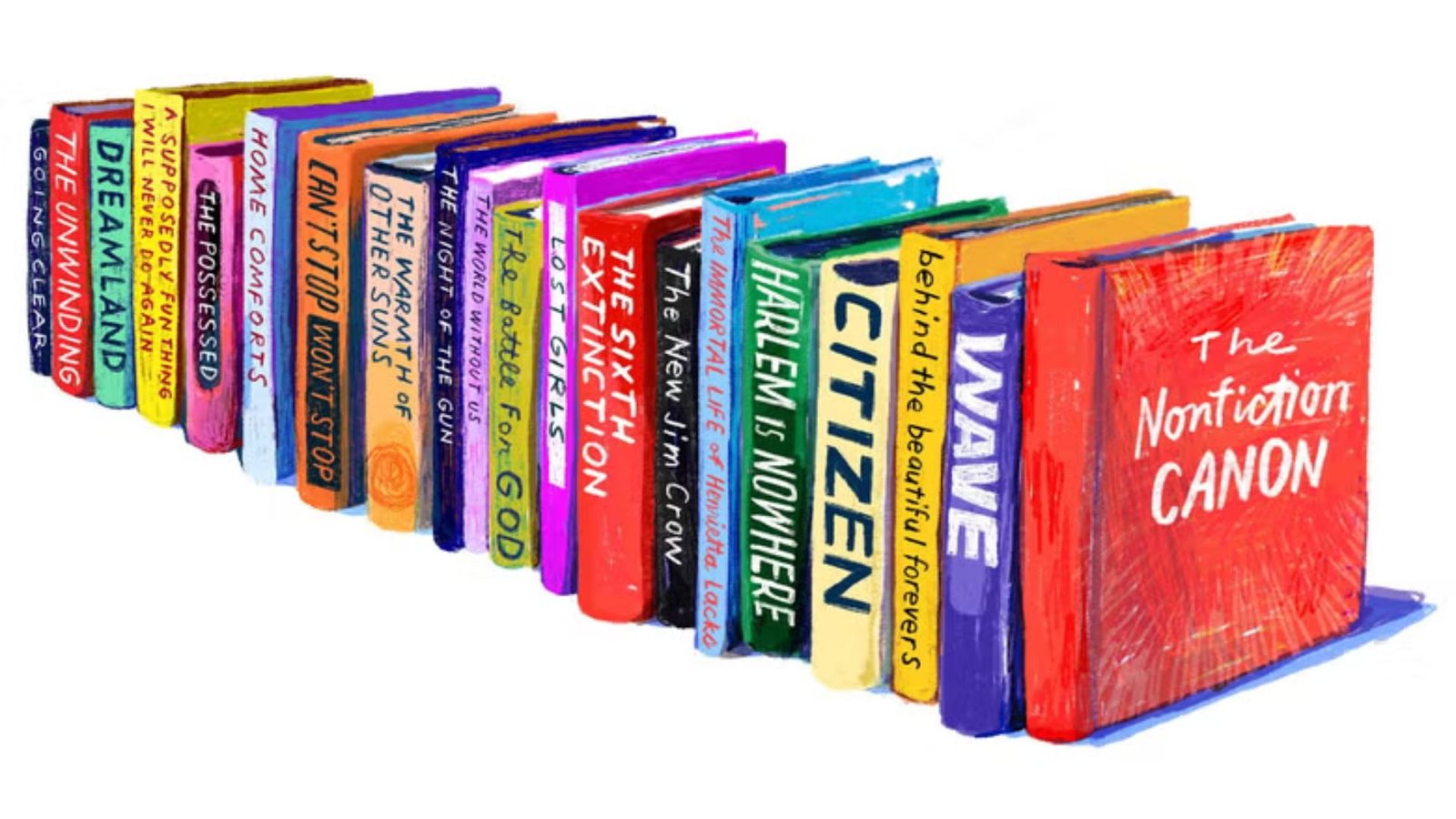Japanese literature is deeply rooted in its own rich cultural traditions, but over the years, many Japanese authors have drawn significant inspiration from Western literature. From the works of European and American writers, these authors found new ways to express their thoughts, challenge social norms, and explore universal themes such as identity, love, and conflict. The blending of Eastern and Western literary influences has resulted in some of the most unique and thought-provoking works of modern literature. In this post, we will explore several prominent Japanese authors influenced by Western literature.
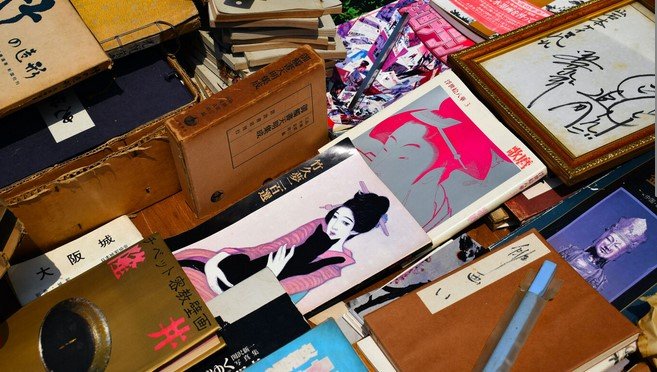
1. Natsume Sōseki: A Bridge Between East and West
One of the most famous Japanese authors influenced by Western literature is Natsume Sōseki, often regarded as the father of modern Japanese literature. After studying in England, Sōseki returned to Japan with a strong interest in Western literary traditions. His experiences abroad exposed him to the works of English writers, such as William Shakespeare, Charles Dickens, and George Eliot. Sōseki’s novel I Am a Cat (1905) is considered a classic and reflects the influence of Western literary styles, especially in its use of irony and social commentary.
Sōseki’s writing often addresses the tension between traditional Japanese values and the increasing influence of Western culture during the Meiji era. His work, including Kokoro (1914), explores complex psychological themes similar to those found in Western literature, particularly in the realm of existentialism. Sōseki’s ability to merge Western literary techniques with Japanese sensibilities helped pave the way for modern Japanese fiction.
Discover the Excitement of Online Baccarat
While hanayumeonline.com focuses on providing access to manga and related content, we understand our audience has diverse interests. For those seeking alternative online entertainment, online baccarat offers an engaging experience. To explore this, consider visiting https://www.kingjohnnie.me/en/online-baccarat. This platform provides a user-friendly interface and the opportunity to enjoy this classic card game from the comfort of your home.
HanaYumeOnline and Online Entertainment
HanaYumeOnline brings you the latest updates on manga and anime. For a different kind of entertainment, explore options like https://www.wolfwinner.fun/en/online-baccarat. Stay updated on manga releases and leisure activities.
2. Yukio Mishima: A Fusion of Western and Japanese Ideals
Yukio Mishima draws inspiration from Western literature, particularly the works of European writers. Mishima’s fascination with themes of death, beauty, and existentialism can be trace back to his admiration for Western authors such as Fyodor Dostoevsky, William Faulkner, and Thomas Mann. His writing reflects a fusion of traditional Japanese ideals with the complex, often dark themes found in Western literature.
In novels like The Temple of the Golden Pavilion (1956) and Confessions of a Mask (1949), Mishima grapples with the conflict between Japan’s traditional values and the Westernization that began during the Meiji era. His works often examine the tension between body and spirit, themes inspired by Western philosophy, particularly existentialism and the work of German philosophers like Nietzsche.
Mishima’s self-conscious blending of Western influences with Japanese cultural and political ideals made him one of the most controversial and internationally recognized authors of the 20th century
Finding Entertainment Beyond Romance Manga
While enjoying romantic stories is a great pastime, sometimes you might seek different forms of online entertainment. For those interested in digital gaming, exploring https://www.jackpotjill.games/en/online-baccarat could provide an alternative experience. Always remember to prioritize responsible gaming habits.
.
3. Kenzaburō Ōe: Western Influences in the Postwar Era
Kenzaburō Ōe, a Nobel Prize-winning author, had influence by Western literature in his exploration of post-war identity and the human condition. His exposure to Western writers, such as William Faulkner, Albert Camus, and Franz Kafka, deeply shaped his narrative style and thematic concerns. Like his Western counterparts, Ōe often tackled complex subjects like alienation, individual freedom, and the absurdity of life.
His novel A Personal Matter (1964) explores the psychological and emotional struggles of a man dealing with the birth of his disabled son. The existentialist themes in this work mirror those found in the works of Western authors such as Camus. Ōe’s writing, while deeply connect to the Japanese experience, is also marked by the influence of the absurdist philosophy and postmodernism that were central to Western thought during the 20th century.
Ōe’s unique combination of Western philosophical themes with a Japanese cultural context has made him an influential figure in global literature.
Conclusion
Japanese authors have long have influence by Western literature, and their ability to blend these influences with traditional Japanese elements has created some of the most innovative and compelling works in world literature. Writers like Natsume Sōseki, Yukio Mishima, Kenzaburō Ōe, Haruki Murakami, and Junichirō Tanizaki have all used Western literature as a source of inspiration, while also shaping the development of modern Japanese literary traditions. Through their exploration of universal themes such as identity, love, and existentialism, these authors have contributed to a unique literary tradition that transcends cultural boundaries.



